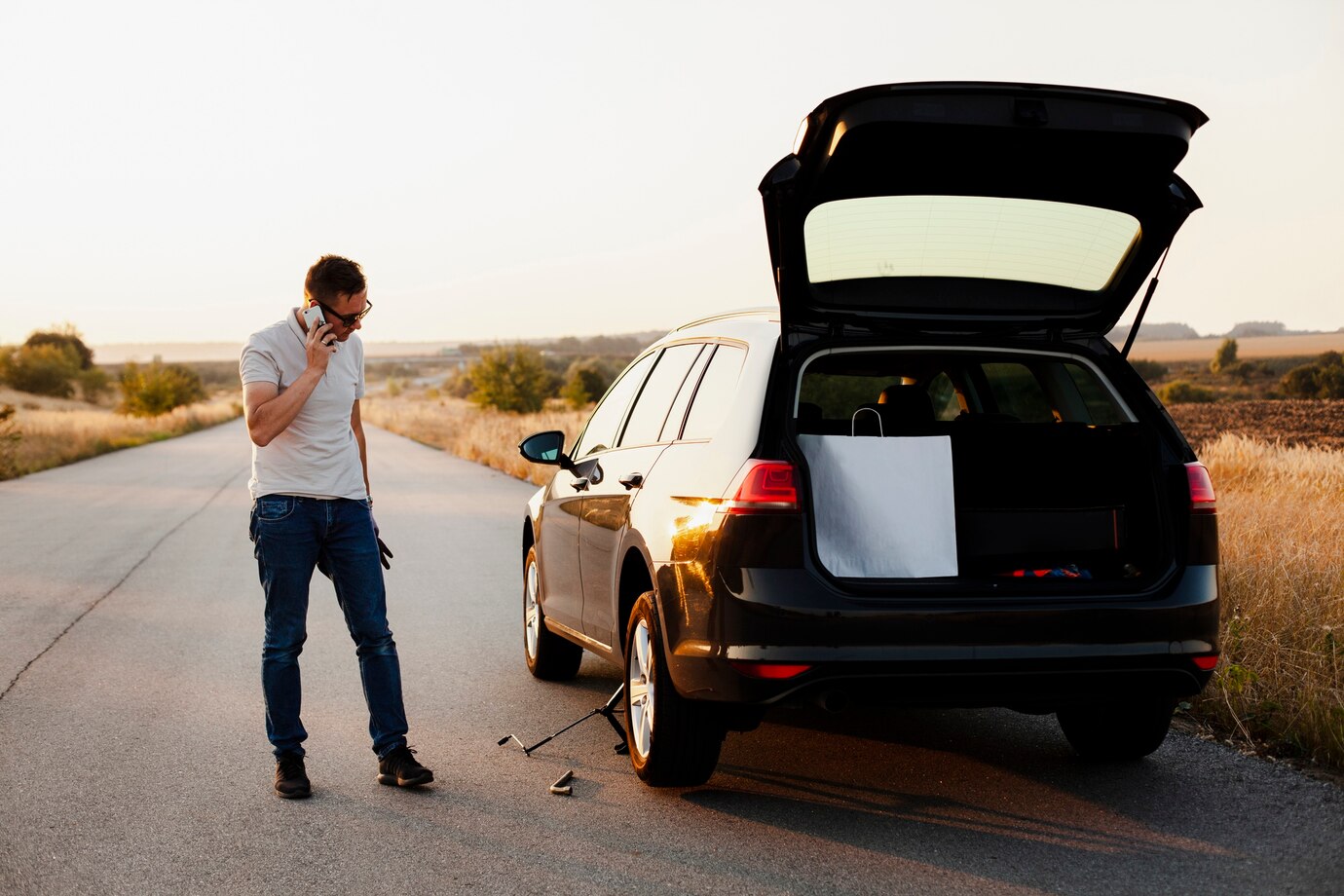When it comes to auto insurance, understanding the different types of coverage available can be challenging. Two key types of coverage are comprehensive and collision insurance. Both are essential for protecting your vehicle, but they cover different scenarios. In this article, we'll explore the differences between comprehensive and collision coverage to help you make an informed decision.
What is Comprehensive Coverage?
Comprehensive coverage, often known as "other than collision" coverage, protects your vehicle from damage that is not the result of a collision. This type of insurance is crucial for safeguarding your vehicle against a wide range of risks.
Key Features of Comprehensive Coverage
- Theft: Coverage if your car is stolen.
- Vandalism: Protection against damage from vandalism.
- Natural Disasters: Covers damage from events like hurricanes, floods, and earthquakes.
- Fire: Protection against fire damage.
- Falling Objects: Covers damage from falling objects like tree branches.
- Animal Collisions: Covers damage if you hit an animal, such as a deer.
What is Collision Coverage?
Collision coverage is designed to protect your vehicle in the event of a collision with another vehicle or object. This type of insurance is essential for covering the costs associated with repairing or replacing your car after an accident.
Key Features of Collision Coverage
- Accidents with Other Vehicles: Covers damage from collisions with other vehicles.
- Single-Car Accidents: Protection for accidents involving only your car, such as hitting a guardrail or tree.
- Rollover Accidents: Covers damage from rollover accidents.
Comparing Comprehensive and Collision Coverage
While both types of coverage are important, they serve different purposes. Here's a comparison to help you understand when you might need each type:
When to Choose Comprehensive Coverage
- Your area has a high risk of natural disasters or severe weather.
- There is a high rate of vehicle theft or vandalism in your area.
- You want protection from non-collision-related incidents.
When to Choose Collision Coverage
- You have a newer or more valuable vehicle.
- You drive frequently, increasing the risk of accidents.
- You want coverage for potential collision-related damages.
Conclusion
Understanding the differences between comprehensive and collision coverage is crucial for choosing the right auto insurance. Comprehensive coverage protects against non-collision incidents, while collision coverage is essential for accident-related damages. Evaluating your needs and risks can help you determine the best coverage for your vehicle, ensuring you have the necessary protection in place.
